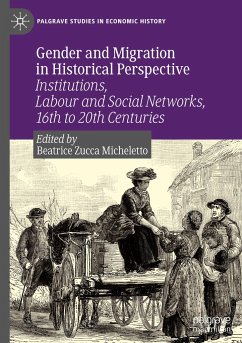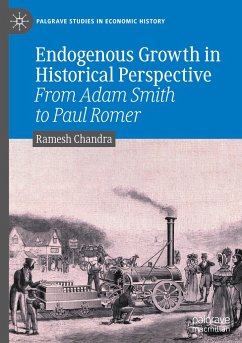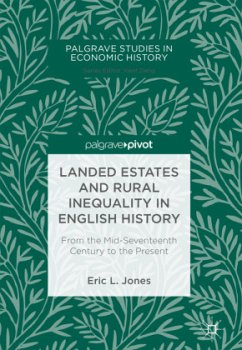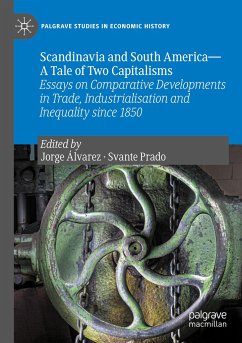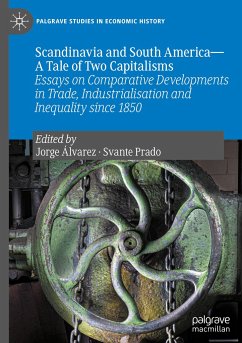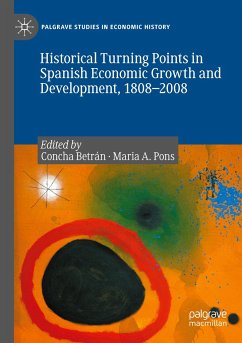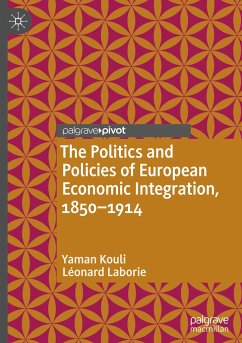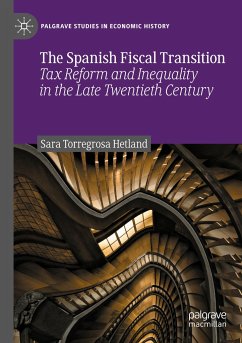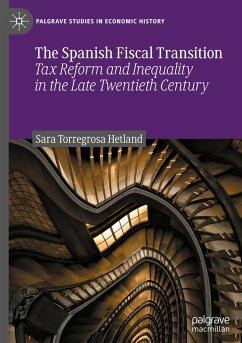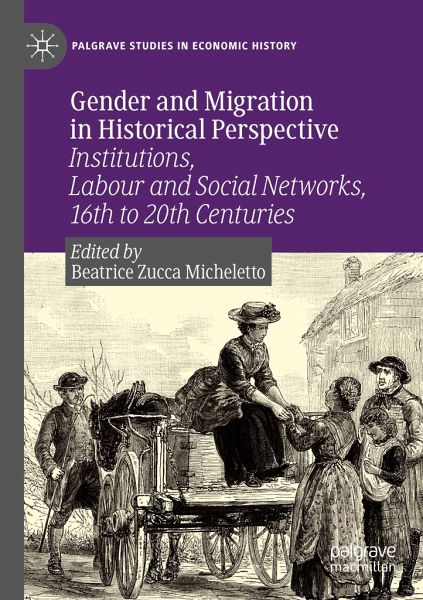
Gender and Migration in Historical Perspective
Institutions, Labour and Social Networks, 16th to 20th Centuries
Herausgegeben: Zucca Micheletto, Beatrice
Versandkostenfrei!
Versandfertig in 6-10 Tagen
83,99 €
inkl. MwSt.

PAYBACK Punkte
42 °P sammeln!
This edited collection focuses on migrant women and their families, aiming to study their migration patterns in a historical and gendered perspective from early modernity to contemporary times, and to reassess the role and the nature of their commitment in migration dynamics. It develops an incisive dialogue between migration studies and gender studies. Migrant women, men and their families are studied through three different but interconnected and overlapping standpoints that have been identified as crucial for a gender approach: institutions and law, labour and the household economy, and soc...
This edited collection focuses on migrant women and their families, aiming to study their migration patterns in a historical and gendered perspective from early modernity to contemporary times, and to reassess the role and the nature of their commitment in migration dynamics. It develops an incisive dialogue between migration studies and gender studies. Migrant women, men and their families are studied through three different but interconnected and overlapping standpoints that have been identified as crucial for a gender approach: institutions and law, labour and the household economy, and social networks. The book also promotes the potential of an inclusive approach, tackling various types of migration (domestic and temporary movements, long-distance and international migration, temporary/seasonal mobility) and arguing that different migration phenomena can be observed and understood by posing common questions to different contexts. Migration patterns are shown to be multifaceted and stratified phenomena, resulting from a range of entangled economic, cultural and social factors. This book will be of interest to academics and students of economic history, as well as those working in gender studies and migration studies.



